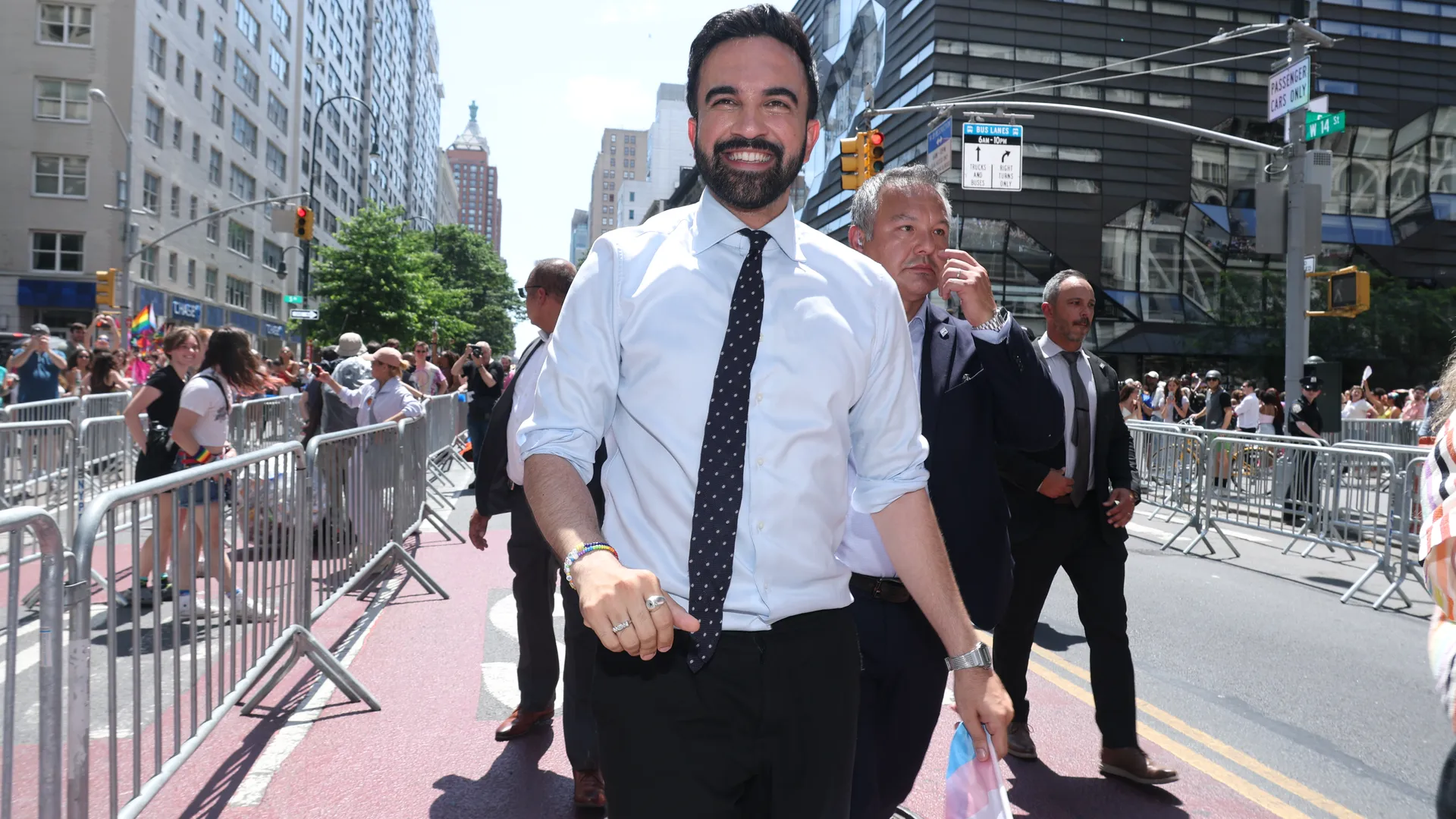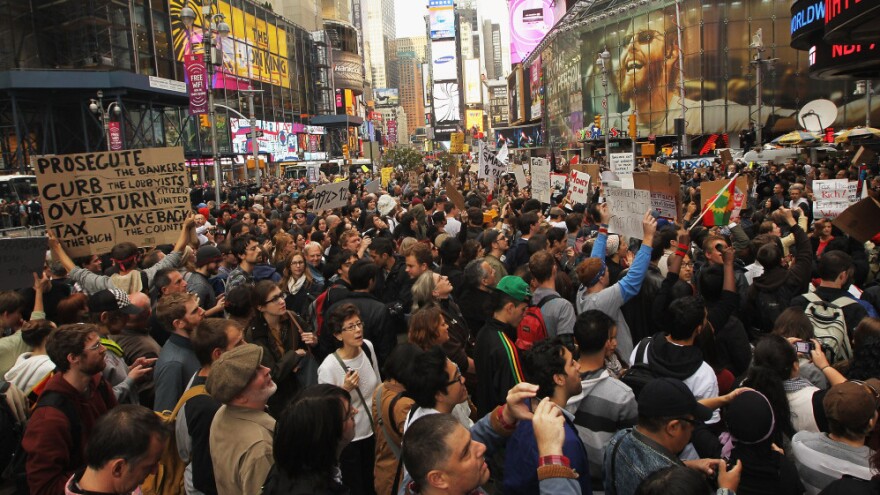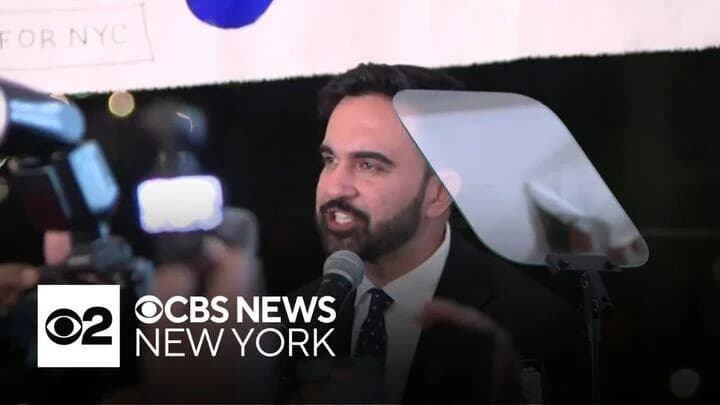In an audacious declaration, Zohran Mamdani, the presumptive Democratic nominee for mayor of New York City, has ignited a firestorm of debate by stating unequivocally that billionaires should not exist. This statement, made during a recent appearance on NBC News’ “Meet the Press,” positions him at the forefront of a progressive movement that seeks to dismantle the entrenched power structures of economic inequality.
Mamdani’s Vision for Economic Justice
Mamdani’s platform is rooted in the stark realities of wealth disparity that define modern America. He pointedly remarked, "I don’t think that we should have billionaires because, frankly, it is so much money in a moment of such inequality." His commitment to addressing these issues is a clarion call for a reevaluation of the economic systems that allow extreme wealth to coexist with poverty. According to Oxfam, the concentration of wealth among the super-rich not only exacerbates inequality but also stifles economic growth by monopolizing resources.
Wealth Redistribution Through Taxation
Central to Mamdani’s campaign is his proposal to raise taxes on the wealthiest New Yorkers, specifically targeting the top 1% who earn over a million dollars annually. He argues, "The reason I want to increase these taxes on the top 1%, the most profitable corporations, is to increase quality of life for everyone, including those who are going to be taxed." This plan, which includes a modest 2% tax increase on the ultra-rich, has garnered considerable support among constituents who are fed up with the city"s exorbitant living costs. As reported by NPR, the wealth of the world"s richest men has doubled, a stark reminder of how wealth accumulation is outpacing the needs of ordinary citizens.

Trump says Mamdani must "behave" if elected NYC mayor or face ...
Backlash from the Elite
The response from New York"s elite has been swift and severe. Billionaire hedge fund manager Bill Ackman has pledged to fund a challenger to Mamdani, claiming, "[Mamdani’s] policies would be disastrous for NYC." The threat of financial backing for a rival candidate underscores the lengths to which the wealthy will go to protect their interests. This pushback highlights the ongoing struggle between the ruling class and those advocating for systemic change. Mamdani’s assertion that he looks forward to working with billionaires to create a fairer city appears increasingly idealistic in the face of such hostility.
Trump’s Threats and Rhetoric
Adding to the tension, former President Donald Trump has weighed in, suggesting that federal funding for New York City could be withheld should Mamdani assume the mayoralty. Trump’s comments, laden with intimidation, are designed to distract from substantive policy discussions and instead focus on Mamdani’s identity and background. Mamdani has boldly responded, asserting, "I have already had to start to get used to the fact that the president will talk about how I look, how I sound, where I’m from, who I am." This framing of identity politics serves to divert attention from critical issues like economic justice and civil rights, which are central to Mamdani’s campaign.

Occupy Wall Street Inspires Worldwide Protests | WYSO
Affordability as a Central Issue
Mamdani’s focus on affordability resonates deeply in a city where one in four residents lives in poverty, even as it stands as the wealthiest city globally. He articulates a vision where New York is not merely a playground for the rich but a thriving community for all its inhabitants. His campaign is a direct challenge to the narrative that equates wealth with success and poverty with failure. As he pointed out on “Meet the Press,” "This could be a living, breathing testament to possibility," emphasizing the need for policies that uplift the working class rather than perpetuate cycles of inequality.

![[Video] Anti-ICE Protester Pepper Sprayed as CBP Agents Disperse Crowd in Minneapolis](/_next/image?url=%2Fapi%2Fimage%2Fthumbnails%2Fthumbnail-1768260677127-y71sb7-thumbnail.jpg&w=3840&q=75)

![[Video] Several injured as U-Haul truck drives through Iranian protestors in Los Angeles](/_next/image?url=%2Fapi%2Fimage%2Fthumbnails%2Fthumbnail-1768176682028-q95y6j-thumbnail.jpg&w=3840&q=75)
![[Video] Scuffle breaks out between Trump supporters and Anti-ICE protesters in Times Square](/_next/image?url=%2Fapi%2Fimage%2Fthumbnails%2Fthumbnail-1768165958203-hgcgb-thumbnail.jpg&w=3840&q=75)


![[Video] Gunfire between Iraqi security forces and Sadr militias in Baghdad](/_next/image?url=%2Fapi%2Fimage%2Fthumbnails%2Fthumbnail-1768343508874-4redb-thumbnail.jpg&w=3840&q=75)
